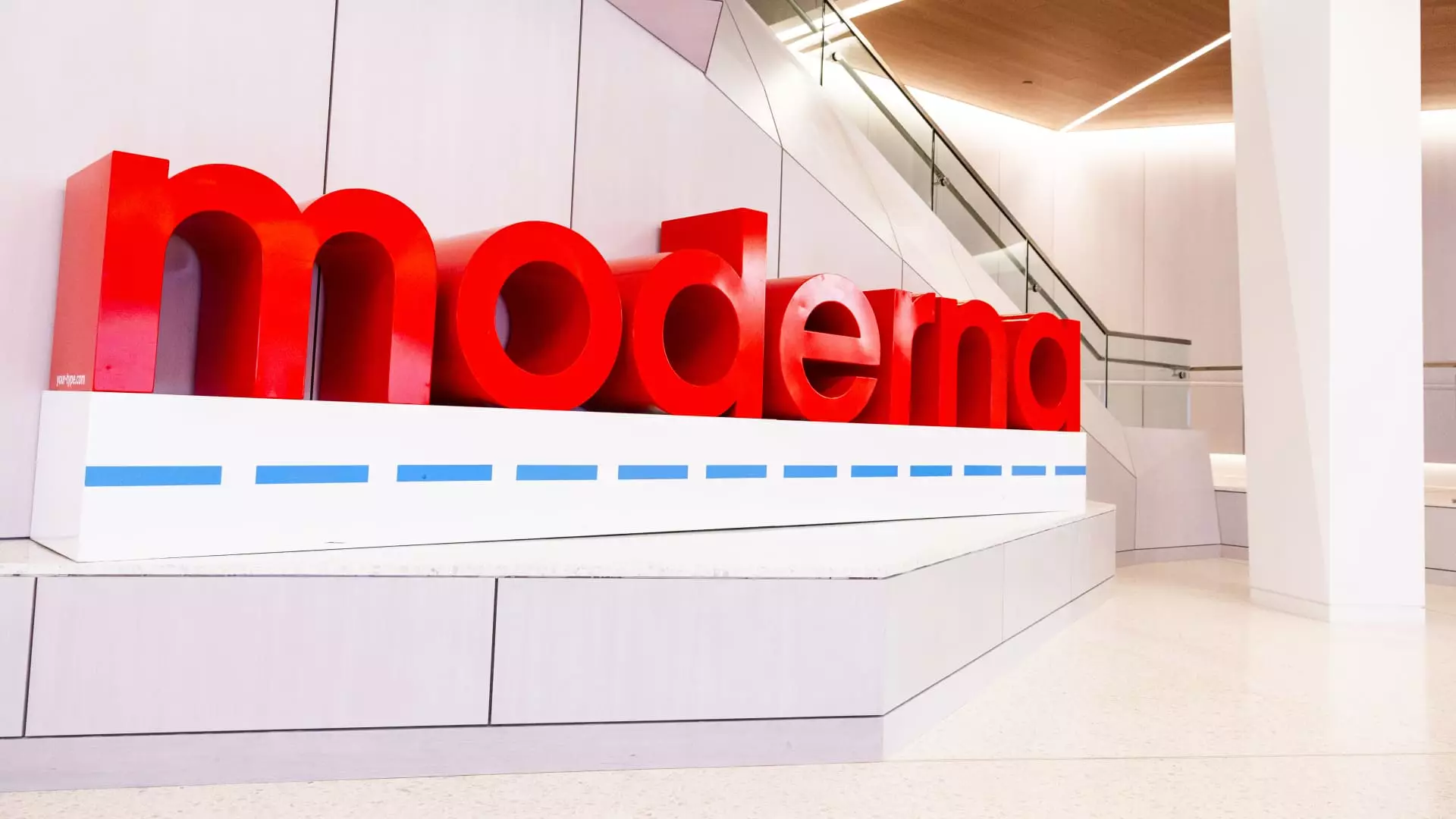Moderna’s recent announcement about its mRNA-based flu vaccine, mRNA-1010, marks a seismic shift in the vaccination landscape. Unlike conventional flu shots that use weakened virus particles, Moderna’s technology leverages messenger RNA to trigger immune defenses with greater precision. The company’s late-stage clinical trial results show a striking 26.6% improvement in effectiveness over existing vaccines — not a minor increment but a genuine leap forward in battling influenza, especially among vulnerable populations aged 50 and above. This isn’t just incremental innovation; it’s a bold advancement redefining what flu vaccines can achieve in an era still reeling from pandemic shocks.
Hospitalization data underline why this breakthrough matters urgently. According to the CDC, last year’s flu season saw a 15-year high in hospital admissions, with over 600,000 Americans hospitalized due to flu-related complications. The stagnation of efficacy in older vaccines has left the healthcare system wasting precious resources and lives. Moderna’s mRNA-1010 shows consistent benefits across strains, age groups, and risk profiles. For adults over 65, the vaccine’s 27.4% greater effectiveness signals hope for dramatically fewer severe cases and hospital visits.
The Promise and Pitfalls of a Combo Vaccine
Moderna is racing to combine its flu vaccine with a Covid-19 shot, aiming for a dual-protection “combo jab” that could reshape vaccination regimes. This concept is inherently attractive because it reduces shot fatigue, eases logistics, and could lower costs for healthcare providers — a system under immense strain. Reducing complexity isn’t just a convenience; it addresses real-world challenges where vaccine uptake often declines due to inconvenience or distrust.
However, this optimistic vision faces significant regulatory headwinds. Moderna’s initial application for the combo vaccine was voluntarily withdrawn following FDA dialogues, notably complicated by political interference under Health and Human Services Secretary Robert F. Kennedy Jr., a known vaccine skeptic. This politicization of health regulation threatens public health by injecting unwarranted skepticism into an arena where data-driven judgment should prevail. Moderna’s CEO, Stephane Bancel, and R&D lead Stephen Hoge are navigating this difficult terrain, hoping for approval next year, but the political climate could easily derail progress, undermining a product with genuine potential to save lives.
The Political Quagmire Impacting Vaccine Innovation
It’s impossible to divorce Moderna’s progress from the fraught political environment. Despite the scientific triumphs, shares of Moderna have plummeted over 30% this year due to moves by the Trump administration that curbed vaccine contracts and sowed doubt about vaccines’ role. This political interference echoes a broader problem in the U.S.: the politicization of health and technology innovation.
Reforming vaccine policy should never be tethered to political whimsy or skepticism without scientific foundation. Yet here we are, with crucial innovations like Moderna’s mRNA-based influenza vaccine caught in regulatory crossfire. The fact that a federal agency can be steered by a vaccine skeptic at the helm further complicates stakeholders’ ability to make decisions that prioritize public welfare over politics.
Economic Stakes and the Battle for Market Leadership
Flu, Covid, and respiratory syncytial virus (RSV) together are multi-billion-dollar markets, and Moderna clearly eyes a dominant slice of this lucrative pie. While natural skepticism about pharmaceutical profit motives exists, it’s disingenuous to discount the value of competition among Pfizer, Novavax, and Moderna. These players push scientific boundaries, reduce prices through innovation, and improve patient outcomes.
Moderna’s apparent lead in the combo vaccine race signals a potential market shakeup that could empower broader access to effective vaccines. However, the complex regulatory dance—and public mistrust fueled by political agendas—threaten to stifle this potential. Aligning incentives toward rapid and rigorous approval processes, without sacrificing safety, is essential for American healthcare innovation to thrive.
A Path Forward Rooted in Science and Pragmatism
Despite obstacles, Moderna shows admirable commitment to working with the FDA, trying to clarify regulatory expectations amid a volatile political context. Their approach is pragmatic — relying on data and transparent dialogue to navigate uncertainty. This signals a hopeful path for mRNA flu vaccines and their combination with Covid protection, potentially ushering in a new standard in adult vaccinations that could lessen the yearly burden on healthcare systems.
It’s crucial to recall that the mRNA platform is not merely incremental but transformative. The flu vaccine’s superiority should be embraced as a vindication of entrepreneurial science adapting to real healthcare needs—not hindered by shifting political winds. If America truly values innovation and health security, it must protect scientific progress from ideological interference that jeopardizes millions of lives and billions of dollars in potential economic and social gains.

